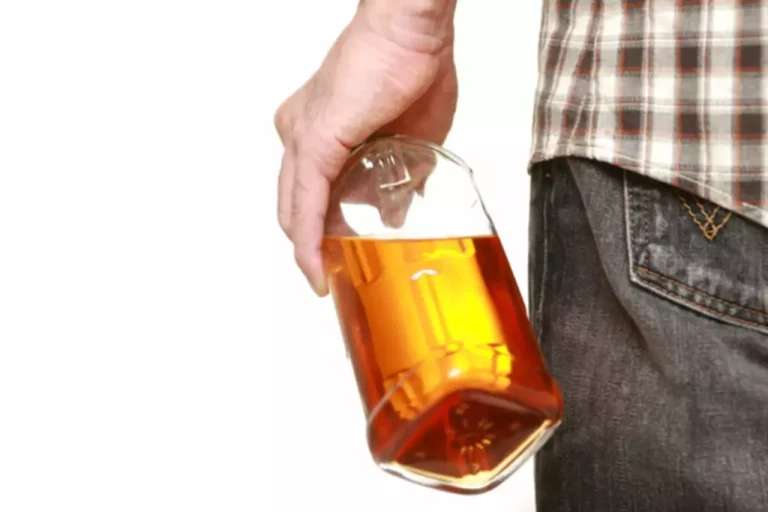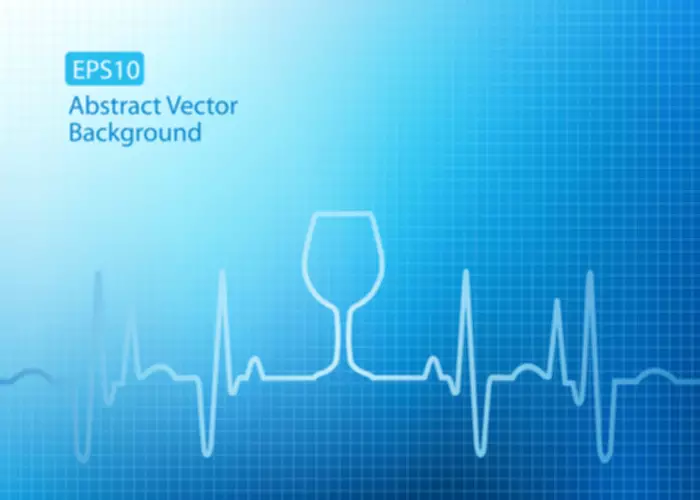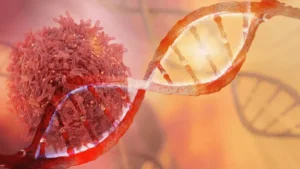Stages of Alcoholism Early to End-Stage Alcoholism Symptoms

In 1946 he published a paper on the progressive nature of alcoholism based on a small study of members of Alcoholics Anonymous. He proposed the idea that problem drinking follows a common trajectory through various stages of decline. When an individual reaches this stage of the cycle, alcohol becomes their sole focus. Everything in their life revolves around drinking at the expense of their health, relationships, and jobs. If the person cuts back or stops drinking during this stage, they can experience side effects such as tremors and hallucinations.

Graduate School of Addiction Studies
They are peer-led organizations dedicated to helping each other remain sober. Support groups can be the first step towards recovery or part of a long-term aftercare plan. Outpatient treatment is less intensive than inpatient treatment or partial hospitalization programs. They are best for people 5 stages of alcoholism who have a high motivation to recover but cannot leave their responsibilities at home, work, or school. Contributors to this article for the NIAAA Core Resource on Alcohol include the writers for the full article, content contributors to subsections, reviewers, and editorial staff.
The Stages of Alcoholism – Signs, Effects, and Treatment

Help via therapy and detox can help the individual navigate these symptoms safely to begin to live without alcohol. Alcohol addiction, like many types of substance abuse, does not happen overnight. While there is some evidence that addiction has a genetic component, it is not contagious. There are some warning signs that alcoholism displays and a typical pattern of how the disease progresses. Knowledge about these may help someone identify their, or someone else’s problem with alcohol sooner rather than later. Alcohol use disorder is a pattern of alcohol use that involves problems controlling your drinking, being preoccupied with alcohol or continuing to use alcohol even when it causes problems.
How to Avoid the Development of Alcoholism
If you feel like your drinking problem is chronic but your life isn’t falling apart, don’t continue down this dangerous path. This disease is progressive, and your health will eventually bear the brunt. Additionally, the DSM 5 journal indicates 11 diagnostic criteria for determining the presence of an alcohol use disorder.

Family and Children’s Programs
- Only about 5 percent of patients with alcohol withdrawal progress to DTs, but about 5 percent of these patients die.
- Alcoholism treatment is possible at any stage of its progression, but understanding how it works is important so you can get help sooner rather than later.
- People with a family history of addiction or a mental health disorder may be at a higher risk of alcoholism.
- These medicines can help reduce the negative side effects of detoxification and withdrawal.
An intervention from loved ones can help some people recognize and accept that they need professional help. If you’re concerned about someone who drinks too much, ask a professional experienced in alcohol treatment for advice on how to approach that person. If you feel that you sometimes drink too much alcohol, https://ecosoberhouse.com/ or your drinking is causing problems, or if your family is concerned about your drinking, talk with your health care provider. Other ways to get help include talking with a mental health professional or seeking help from a support group such as Alcoholics Anonymous or a similar type of self-help group.
The material is not a substitute for qualified medical diagnoses, treatment, or advice. It should not be used to replace the suggestions of your personal physician or other health care professionals. Someone who is at the point of end-stage alcoholism needs treatment as soon as possible. If they choose not to address their drinking problem, they’re likely to drink themselves into an alcohol-induced illness, such as cirrhosis or cancer.

American Addiction Centers (AAC) is committed to delivering original, truthful, accurate, unbiased, and medically current information. We strive to create content that is clear, concise, and easy to understand. In addition, medications may be able to help ease or stop drinking and guard against relapses. The severity of the AUD depends on how many of the symptoms they have.
Alcoholism Stages − Get Professional Help

Some people may feel so “broken” that they almost feel they can no longer experience joy and confidence, or have healthy relationships again. So far, there’s no consensus on the medical definition of recovery in alcohol treatment literature. BetterHelp can connect you to an addiction and mental health counselor. Some people who reach the crucial and chronic stages may face homelessness, divorce, or deep financial troubles.
- The left half represents your descent from casual drinking to alcohol addiction.
- You may start to experience consequences at work or school due to your habit and find yourself regularly hungover and craving more alcohol.
- Because of this, it is important to remain educated on the signs and symptoms of alcoholism.
